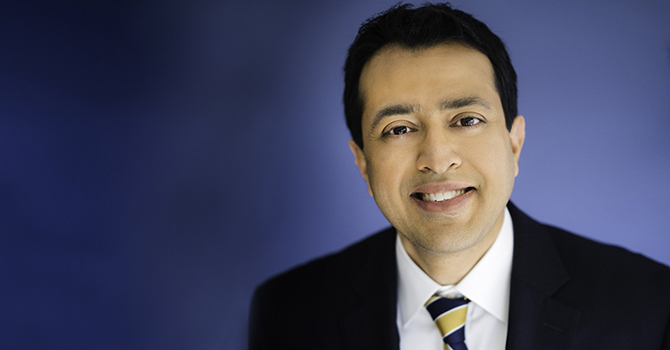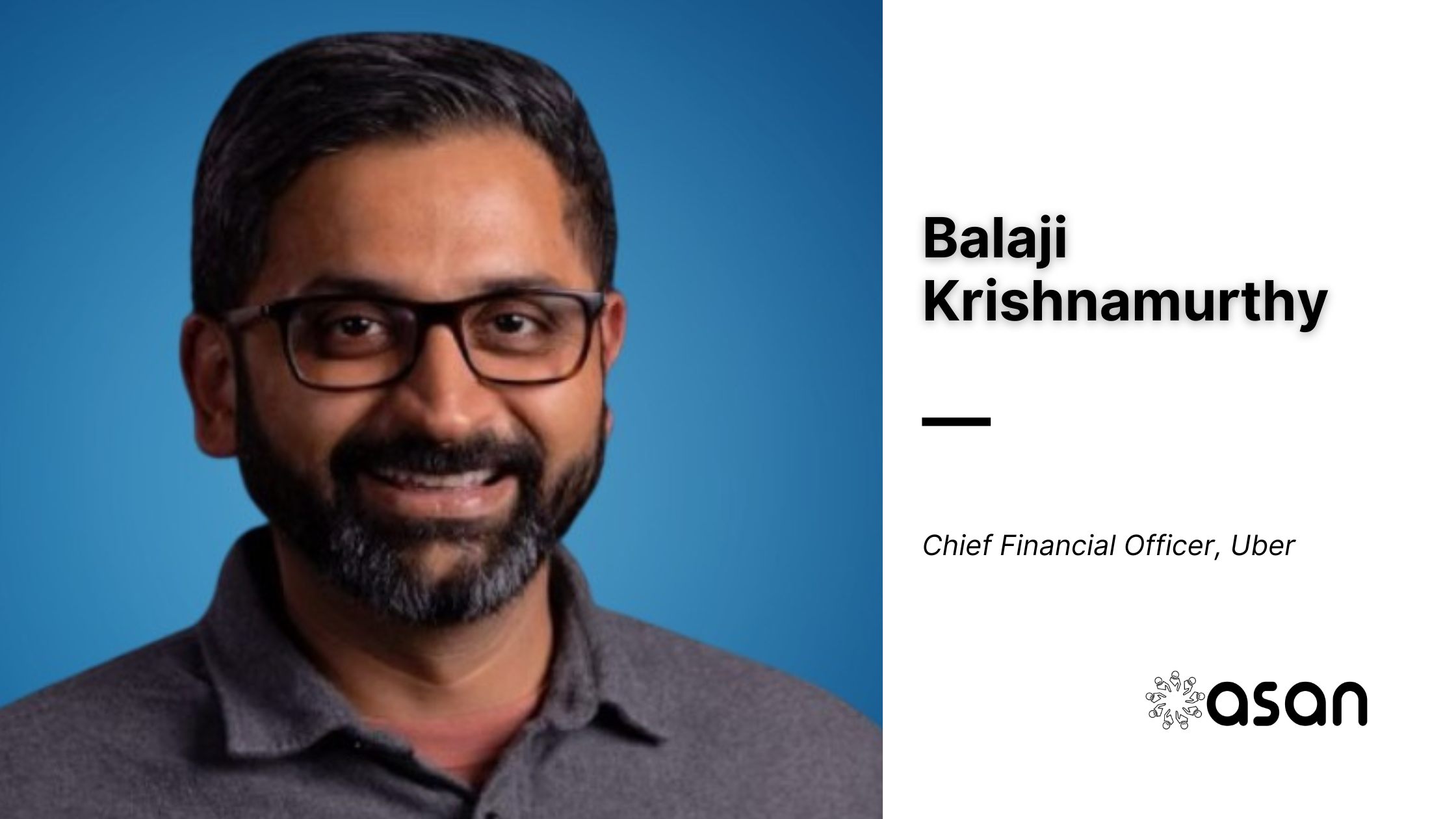The University of Michigan School of Public Health has appointed physician and policy leader Anand K. Parekh as its inaugural chief health policy officer, an announcement the university published on September 12, 2025. In parallel, the Institute for Healthcare Policy and Innovation – known as IHPI – named Parekh a senior faculty advisor for policy engagement and external relations. The dual roles position Parekh, a widely respected Indian American public health voice, to help the university translate research into policy outcomes at the local, state, and federal levels. According to the university’s news post, Parekh will guide policy engagement strategies, support Michigan Medicine’s advocacy and population health priorities, and mentor faculty and students who want to connect their work to real-world decision-making.
Parekh brings a mix of clinical training, government service, and think tank leadership that matches the moment for academic public health. After earning his medical and public health degrees at Michigan, Parekh completed residency at Johns Hopkins and then spent a decade in the U.S. Department of Health and Human Services, where he served as Deputy Assistant Secretary for Health and, briefly, Acting Assistant Secretary for Health. He later became chief medical advisor at the Bipartisan Policy Center, leading multi-year initiatives on pandemic preparedness, opioid response, senior health, and the future of public health. The University of Michigan profile and related faculty biography highlight that history, underscoring how his experience straddles science and policy and how he has built coalitions in politically divided environments.
The new role matters well beyond campus. Over the last few years, universities have been under pressure to demonstrate that their research can inform practical solutions to complex health challenges – from rebuilding trust in vaccines and public health to grappling with the behavioral and economic drivers of chronic disease. Parekh’s mandate is to help Michigan meet that test. The IHPI announcement details a portfolio that includes advising the institute’s Policy Engagement and External Relations team, supporting the Impact Accelerator program that trains researchers to communicate clearly with policymakers, and connecting faculty expertise to timely policy windows. That approach aims to shorten the distance between peer-reviewed findings and concrete changes in program design, reimbursement policy, and community health practice.
For students and early-career scholars, the appointment offers something equally valuable: a mentor who has navigated the full arc from clinic to Capitol Hill. Parekh has emphasized that mentoring and skills-building are part of the job. As the university notes, he plans to help faculty and students secure federal grants, identify policy-relevant projects, and tell evidence-based stories that resonate outside academia – skills that are increasingly essential for researchers seeking impact. Those efforts can help broaden the pipeline of health policy leaders, especially for students from immigrant and first-generation backgrounds who may not see obvious pathways into public service.

Representation is part of the story. South Asian Americans are well represented in U.S. medicine, but senior policy posts that shape how systems function and how resources flow remain relatively scarce. Parekh’s visibility in a university-wide leadership role sends a signal to the next generation about where their careers can go. It also brings lived experience and a global perspective to conversations about health equity, prevention, and community engagement – areas where culturally competent policy design can improve outcomes across diverse populations. While the university announcement focuses on responsibilities rather than identity, Parekh’s prior public profiles – including his federal service and leadership in cross-partisan policy work – make clear he is part of a cohort of Indian American physicians influencing the national health policy agenda.
The appointment arrives as schools of public health confront headwinds: skepticism toward institutions, shifting federal priorities, and the need to rebuild local public health capacity. A chief health policy officer can help a flagship public university set a model for how academic centers serve the public good. In practice, that could mean synthesizing evidence to help state agencies deliver behavioral health services more effectively, equipping county health departments with data tools to target prevention, or convening bipartisan briefings that give legislators trusted analysis without the spin. The IHPI posting points to specific vehicles for this work – issue briefs, policy awards, and public programs – that can align incentives for faculty who want to see their research change practice.
For Michigan, the upside is institutional as well as societal. A sustained policy engagement strategy can deepen relationships with health systems, payers, and community organizations across the state, creating more field sites for student learning and more partners for applied research. It can also give the university a stronger voice in federal debates about prevention, primary care, and financing reforms – areas where Parekh has previously contributed through bipartisan commissions and reports. The School of Public Health’s faculty page frames his role as translating campus work into policy impact, a reminder that health outcomes are often shaped less by individual clinical decisions than by the broader systems in which care and prevention occur.
What should stakeholders expect next? First, clearer pathways for policymakers to find and use Michigan’s expertise. Second, more training for researchers in how to communicate with audiences outside journals and conferences. Third, a stronger emphasis on prevention-first frameworks that connect housing, nutrition, and transportation to health – a theme Parekh has championed in prior roles. The long-term measure of success will be whether Michigan’s discoveries show up in statutes, agency guidance, and community health metrics. That is the north star for a role designed to anchor policy engagement at one of the country’s largest public research universities.
Key Takeaways About Anand Parekh
- Appointed September 12, 2025 as the University of Michigan School of Public Health’s inaugural chief health policy officer.
- Simultaneously named a senior faculty advisor for policy engagement at the Institute for Healthcare Policy and Innovation.
- Brings prior service as Deputy Assistant Secretary for Health at HHS and chief medical advisor at the Bipartisan Policy Center.
- Will help translate research into policy via issue briefs, training programs, and partnerships that connect scholars to decision-makers.
- A visible Indian American leader whose appointment expands representation in senior U.S. health policy roles.



